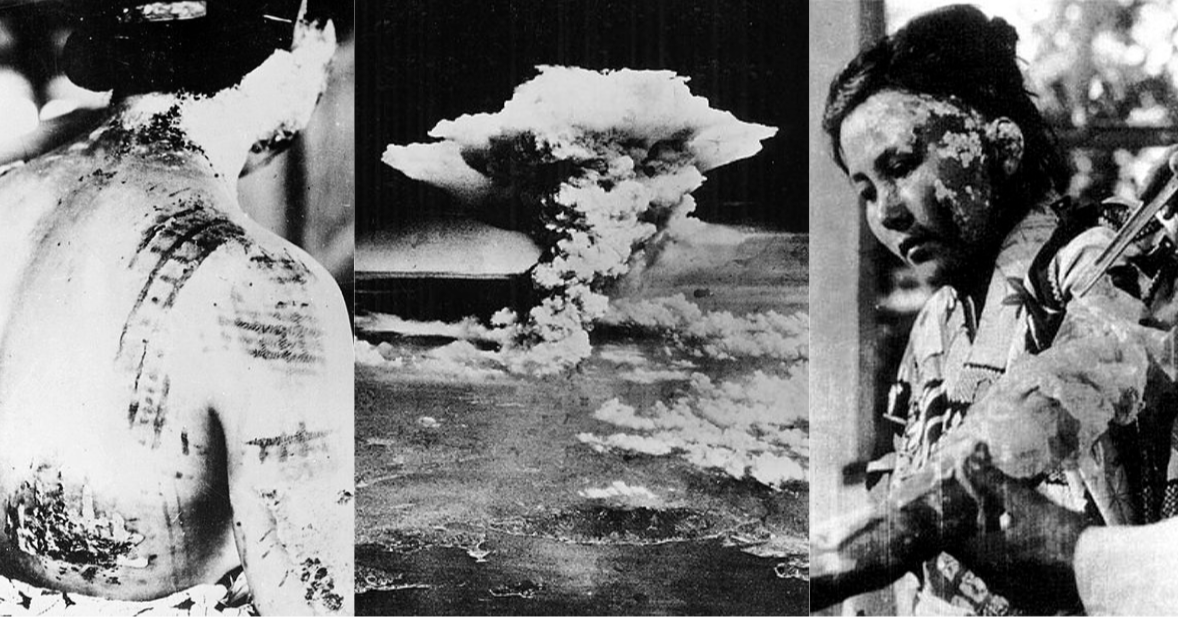80 Years On, Have the Hibakusha Received Justice?
Vladisaya Vasileva, Assistant Professor , Centre for Peace, Hiroshima University
11-Aug-25 18:00

Embed Podcast
You can share this podcast by copying this HTML to your clipboard and pasting into your blog or web page.
Close
On August 6th, 1945, the United States of America dropped the nuclear bombs, Fat Man and Little Boy, on the cities of Hiroshima and Nagasaki, killing an estimated 300,000 people in total. The bombings ended World War II, but they also began a nuclear age, and left behind generations of survivors known as hibakusha. For 80 years, they’ve lived with radiation, illness, and stigma. And they’ve asked: who is responsible? Where is justice? What does it mean to remember Hiroshima and Nagasaki, not just as history, but as a political and moral reckoning? To explore this and the current state of the nuclear arms race, we’re joined by Vladisaya Vasileva, an Assistant Professor at Hiroshima University’s Center for Peace, whose work looks at the lives of survivors and Hiroshima’s peace philosophy.
Image Credit: Wikimedia Commons
Produced by: Sharaad Kuttan, Sudais Ferhard
Presented by: Sharaad Kuttan
This and more than 60,000 other podcasts in your hand. Download the all new BFM mobile app.
Categories: History/Heritage, politics, international, corruption
Tags: hiroshima, nagasaki, world war ii, atomic bomb,

